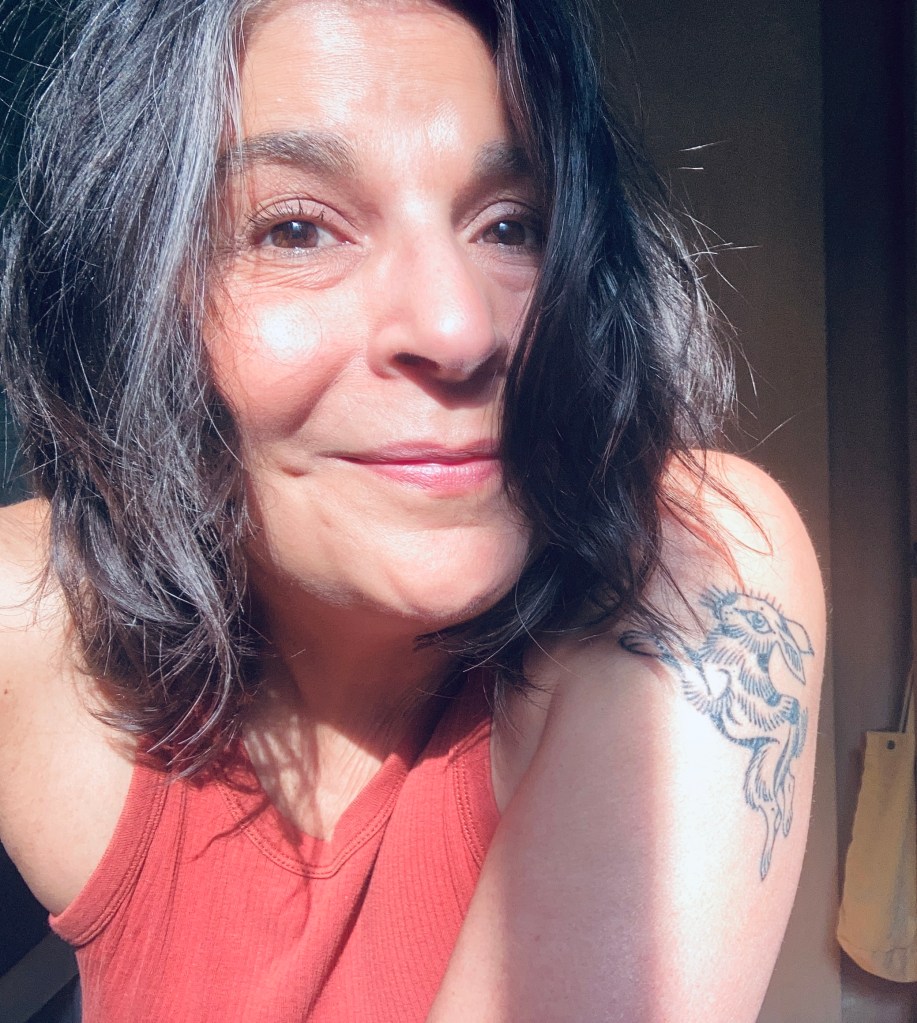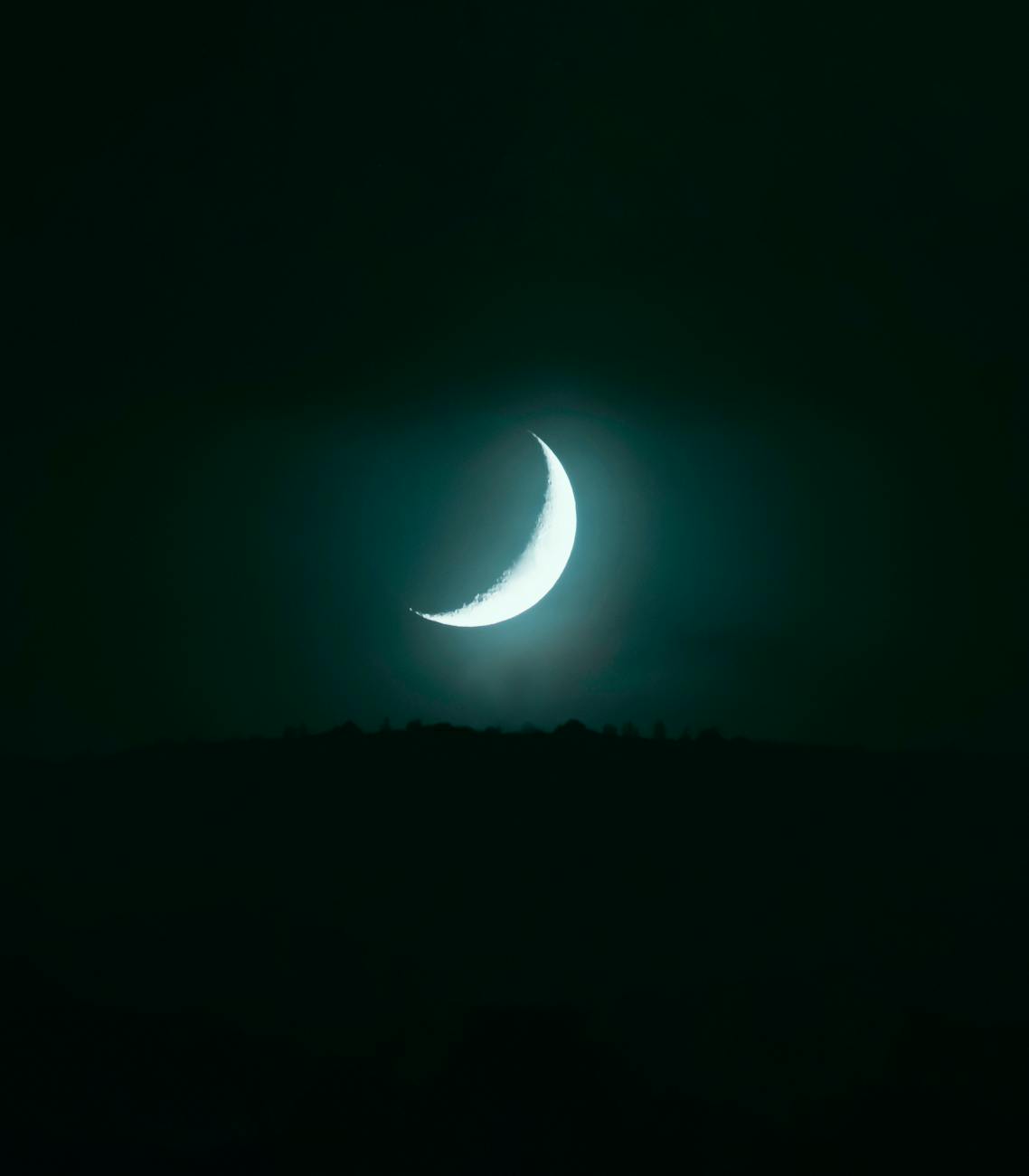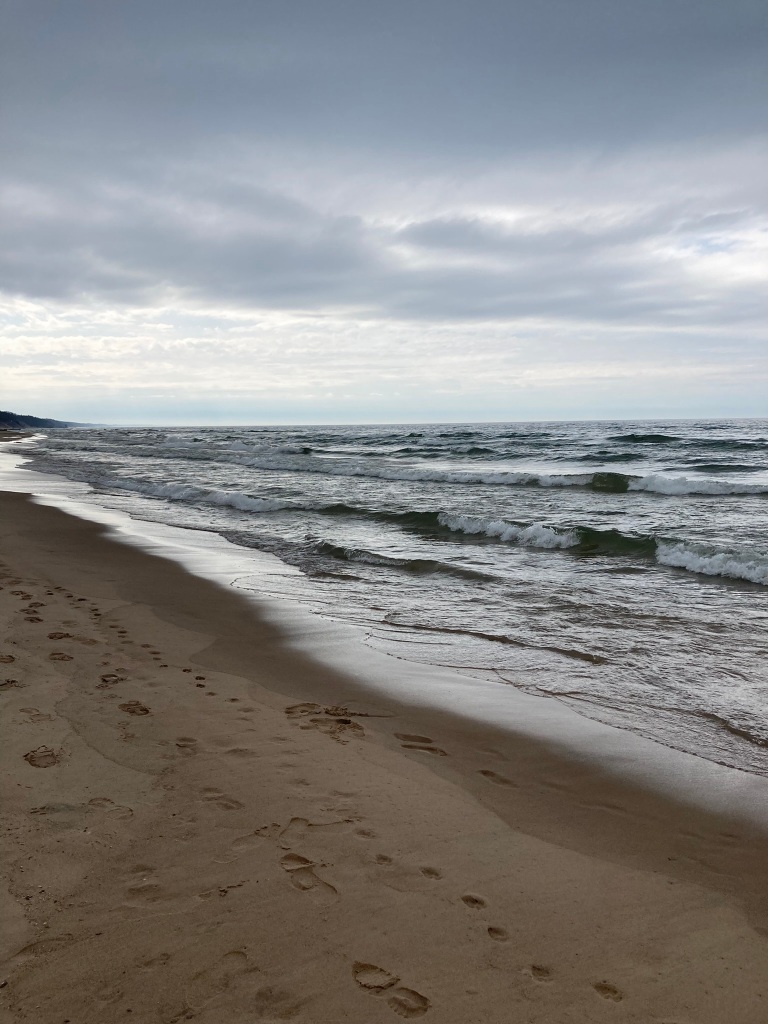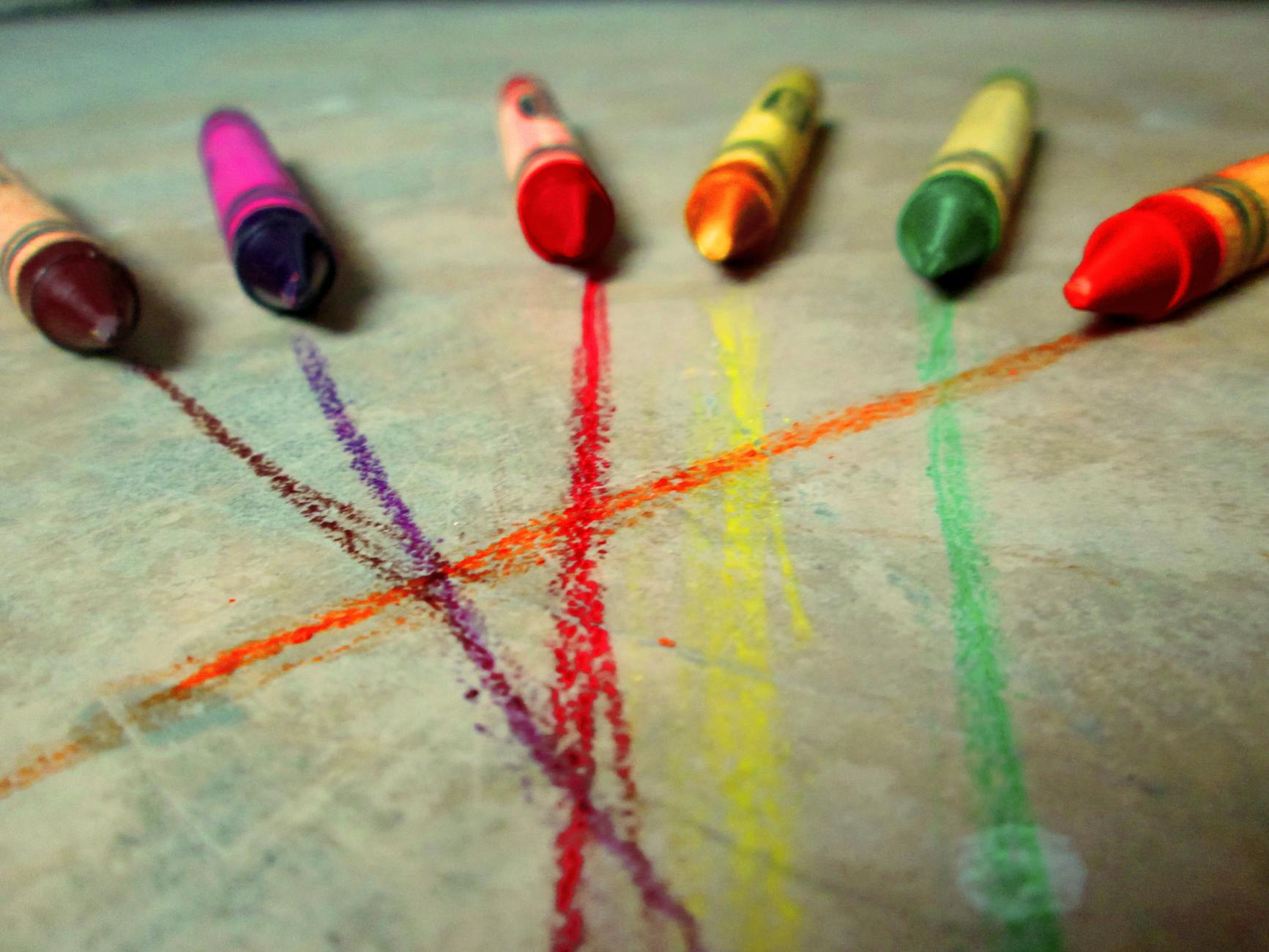By Catherine DiMercurio
Sometimes I’m never lonely at all and sometimes it’s always winter. If there’s one thing I’ve learned about loneliness is that you don’t talk about it. Discussing it creates an awkwardness people don’t know what to do with, which leaves me with the feeling that I’m somehow obligated to feel shame about it, as if I have done something wrong by putting myself in this position.
The hard thing is that casual social interactions don’t assuage the type of loneliness that strikes me sometimes. It’s true that making new friends in a new place can be challenging, and I do feel the ache of that sometimes as I’m adjusting to life in my new town, but what is harder for me is the realization that none of the relationships I tried to build in the past ever blossomed into something with the kind of longevity I once hoped to be enjoying at this point in my life. There were recurring losses: of the possibility of various futures, of that close emotional intimacy with someone who really gets you.
Which is not to say these endings weren’t necessary. But also, I didn’t anticipate the way those accumulated losses would feel over time. What is astonishing is the way my own perceptions of loss and gain shift and morph. There’s a certain bliss I cherish, the peace that I have gained/earned that is the absence of the friction of being with the wrong person. [Obviously, friction happens, even with the right person, but with the right person, there’s enough underlying love and good will that occasional friction is simply something to work around.] There is also the absence of the anxiety I felt being with emotionally unavailable partners, an absence of the loneliness I felt upon recognizing when someone did not have the capacity to try to hold my pain as fully and as tenderly as I tried to hold theirs. And yet, sometimes the absence of not having someone to lean on, a shoulder to cry on, feels greater than those things. At times it seems I’ve traded one type of loneliness for another.
And then, the next day or the next week, I feel changed. Clear headed. When we’re in the depths of loneliness and the grief that comes with it, it’s easy to identify with it entirely. When it lifts it’s plain that it was not so much “just a feeling” but more like the weather, more like atmosphere, something we breathe in, something that impacts our daily living. But also, something that shifts, changes, improves. I wonder if in some language, the way we say I’m lonely is in my heart there is bad weather.
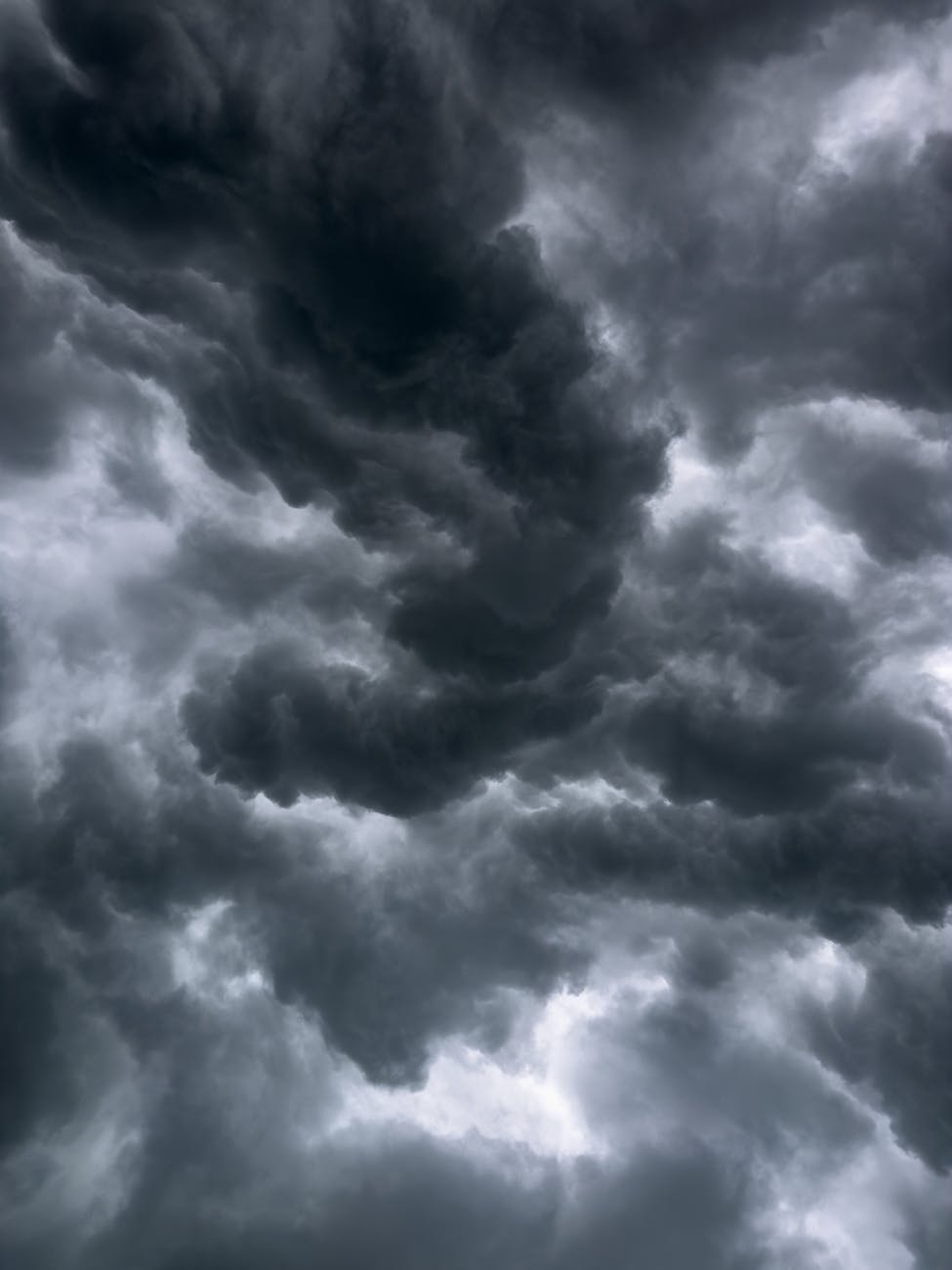
What I keep relearning is that so much of everyone’s lives involves the intricacies and negotiations of competing compensations: I lack this, but I have that, and this compensation is amenable to me. I have also found that winter whittles away at the balance that can be easier to find throughout the rest of the year. On a recent rare sunny day, I found that the gloomy internal cloud that made me feel so dark had dissipated and I wondered if all I’d really been missing was the sunlight on my face.
I’ve started pottery again. Waitlisted for a long while at a couple of studios, I decided to take matters into my own hands and set up a small studio in my basement. I found another potter who rents out kiln space. While this set up means I’m losing the social connections of a pottery studio community, it means I’m gaining the flexibility to be creative on my own schedule, rather than being tied to studio availability. There are other losses and other gains of this set up. It is amenable to me. It’s also been about as challenging as I expected it to be, reintroducing my hands to clay, to the wheel. I enjoy practicing. I love it when I easily center the clay and pull up nice even walls. It’s disappointing when I fail to do so. And I hate that I’m frustrated by such minor failures. I want to be a person who sees failure as part of the process, to respect it as such. I want to be in love with the whole process, not just the successes. Once again, pottery teaches me about life.
This winter has been a long process of slow growth and many frustrations, and little griefs that I mistakenly have counted as failures. But also it’s been a winter of little joys that don’t get celebrated enough, that I don’t celebrate enough.
I once had a pottery instructor tell me you’re really bad at being patient with yourself. She also admonished me on more than one occasion to not be so hard on myself. It’s not that I expect to make flawless art, but it is true that I’m constantly changing the rules for myself about what “good” and “enough” look like. I have learned that I often create a sense of urgency in situations where there really isn’t one, as if I have to get things “right” as quickly as possible. I’m trying to pause when that kicks in so I can discern if the urgency is real, so I can slow things down, let growth happen. So I can practice. So I can appreciate practice and process, all of it, in all kinds of weather.
It’s mid-February and winter isn’t over by a longshot, but you can sort of see spring out there, off in the distance. I feel a shift beginning, where I can recognize that while I’ve had some low points this winter in terms of my mental health, I can also give myself credit for the on-going process of getting through my first lakeside winter.
Sometimes you need to write about loneliness or grief or the failures so necessary for growth in order to explain it all to yourself. Concepts like loneliness become transmuted into something solid, into a noun, into a thing to be turned over in your hands like a stone worn smooth by water, instead of a verb that scrapes across your heart and leaves it feeling like a skinned knee.
I feel as though I’m losing a little of the hollow feeling that has plagued me on and off over the years. It used to be that I believed myself less hollow when I was in a relationship. But after I had a long stretch of solitude/solo-ness/single-hood [I don’t know which nomenclature I prefer] and the hollowness began to fill in, I thought, don’t ever lose this, don’t ever forget how full you can feel on your own. I hadn’t known truly, up until that point, that it was possible.
[When I did meet someone new, I was fearful of losing what I’d gained. I think part of me fought the relationship the whole time, and part of me fought for it because it did have many good qualities. I talked about the struggle with him, not wanting to fight this war alone. But I suppose once the other person knows there’s a war they don’t feel much like fighting with you, or for you.]
So now I’m in the process of filling the hollow back in with the marrow of my own living. It looks like beach sand in my pockets, driftwood and rocks all over the house, clay beneath my fingernails, notebooks with random thoughts and little poems. Sometimes, too, it looks like loneliness clutched to my chest, a ruined lump of clay I couldn’t center, a dog struggling with his own anxiety despite my efforts to help. But, weather shifts. Atmospheric patterns change. It’s true that some griefs don’t ever truly abate, and a little part of our heart might always be stormy, but a heart is a great big world and the clouds can clear in other territories within it. It’s just hard to be patient with the process sometimes, especially in winter. But there’s no shame in any of it.
Be well. Be patient.
Love, Cath
